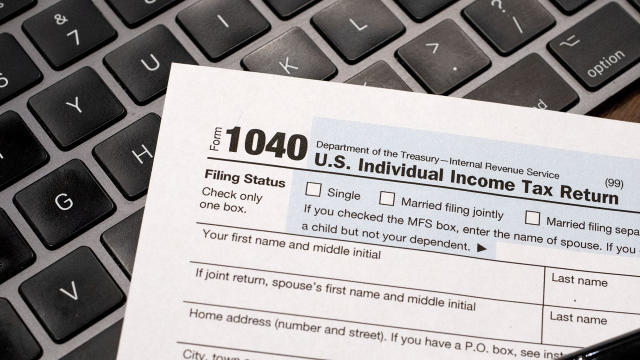Despite receiving increased funding, the IRS is struggling with significant delays in resolving identity theft cases.
IRS Struggles with Mounting Identity Theft Delays Despite Increased Funding
The IRS is facing severe delays in resolving identity theft cases, with taxpayers waiting up to 22 months for assistance and a troubling increase from earlier this year. Around 500,000 cases remain unresolved, where identity theft involves fraudulent use of taxpayers’ Social Security numbers to file tax returns leading to frozen refunds until the IRS confirms the legitimate taxpayer, according to CBS News.
Despite receiving billions in funding from the Inflation Reduction Act of 2022 to strengthen IRS resources, the agency still faces significant delays in resolving cases. Erin M. Collins who leads efforts to protect taxpayers’ rights, criticized these delays as “unconscionable,” especially for low-income individuals relying on timely refunds for essential expenses.
The IRS acknowledged the seriousness of the identity theft backlog and pledged to allocate more resources and improve operational practices to speed up case resolutions. Despite tripling the closure rate of identity theft cases since 2020, the agency continues to face scrutiny and pressure to further streamline its processes.
READ ALSO: Get Ready For A Big Check: Understanding The Estate Child Tax Credit

(photo: AOL.com)
IRS Faces Scrutiny Over Modernization and Service Delivery Amid Funding Uncertainties
In 2024, the IRS’s progress in upgrading technology and service delivery is under scrutiny. While there have been improvements since the pandemic, budget uncertainties and redirected funds from recent political agreements could hinder future progress. Stakeholders continue to debate funding and the IRS’s ability to meet taxpayer needs. Despite challenges, Collins is cautiously optimistic about enhancing taxpayer services and technology under the Inflation Reduction Act focusing on restoring public trust and ensuring fair access to timely tax assistance.
READ ALSO: How Does Child Tax Credit Helping Low-Income Families

















































